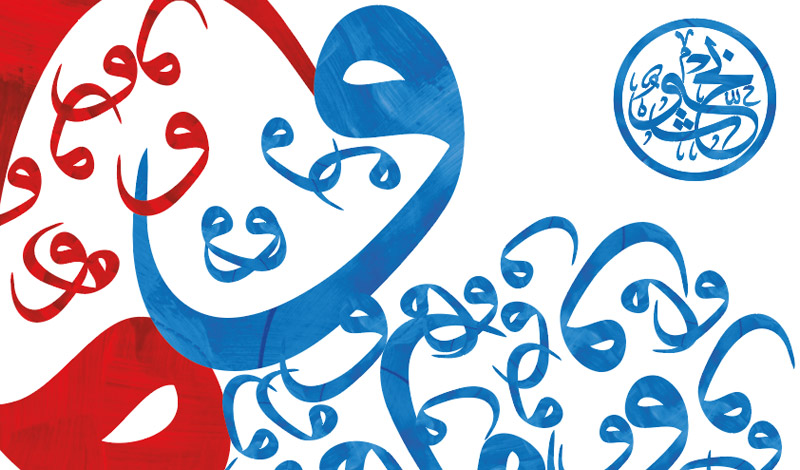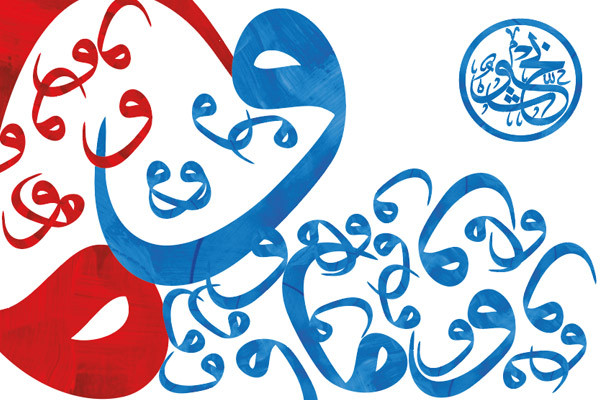The Philippines & Daesh
As a consequence of the inevitable demise of Daesh in Iraq and Syria, for some time the militant group has been looking for countries where it can regroup and rebuild with a view to re-establishing its dream of creating a caliphate governed under the auspices of its extreme version of Islam. One particular view is that in the wake of the insurrection by a Daesh affiliate in the Philippines is that, despite the authorities in Manila putting down of the insurgency, that it is still a fertile ground for the movement to rise again and become a potent force in the region.

- by Mark Douglas McKinney ,
- Friday, 1st December, 2017
The major victories scored against Daesh in Mosul, Raqqa and Deir Ezzor by the various forces and coalitions which have largely adopted a unified stance against the group and its affiliates has been a tremendous military achievement. However, the resilience of Daesh in all its guises and forms cannot be underestimated which is exactly what the two authors of the article are alluding to.[1] They are correctly advocating that no nation should become complacent as for years Daesh has had its eye on other territories where it could establish other caliphates. Libya was a popular choice as were a number of other African countries, however the emergence of the Philippines as a potential country for it to regroup and re-establish itself may not have featured highly on many analysts projected locations.
The authors point out that ‘the Philippines has a long history of Islamic militancy dating back to the 1970s, when the Moro National Liberation Front began battling the government in its quest for greater autonomy from the central government in Manila. After various splits and splintering within the Moro National Liberation Front, the Moro Islamic Liberation Front emerged in 1984 and continued to wage a low-intensity insurgency throughout the southern Philippines. Another Islamic militant organization, the Abu Sayyaf Group, formed in the early 1990s formed links with al-Qaeda and other Islamic militant groups throughout Southeast Asia, including Jemaah Islamiyah.’
Although over six Islamic militant groups in the country swore their allegiance to Daesh, seemingly it was never reciprocated, that is until now. What must have got Daesh’s attention is the fact that the a large number of militants seized the city of Marawi with a population of around 200,000, which is the largest city in the autonomous region of Mindanao. Two of the groups involved in the seizure were Abu Sayef and the Maute group. As soon as it became apparent that Daesh could gain much international recognition for the action, nearly $2 million was reportedly sent to them to help with their war effort against the Philippine authorities.
The conflict was seen as an opportunity to exploit the ethnic tensions which have existed for decades between the Catholic north of the country and its Muslim south. The fact that the militants were able to hold the city of Marawi for over three months despite the overwhelming firepower and US assistance at all levels has demonstrated how resilient and tenacious they were in its defense.
Although President Rodrigo Duterte stated that Marawi had been liberated on 17 October after the deaths the two principal leaders of Abu Sayyaf and the Maute Group, Isnilon Hapilon and Omar Maute, tensions and unrest are still believed to be widespread in the region. The conflict has caused law and order issues and a severe humanitarian crisis which is hampering reconstruction efforts. The situation remains volatile and is seen by many as very fertile ground for the radicalization and recruitment of men and women to continue the momentum of the Jihad.
Daesh aleged training camp in Mindanao Island Support to groups such as these in the Philippines, other countries in south east Asia and Africa, which have pledged their allegiance to Daesh, appear to be where the group is attempting to reinvent itself. It is much more fragmented, however such a structure will make it more difficult to target and therefore will assure its continuing existence for years to come. President Duterte may have stopped the first major Daesh attempt at a takeover in Mindanao, however the seeds of dissent have been sown which many analysts believe will result in more violence and not less. In the event of more violence the overstretched US military will be unlikely to open up another counter-insurgency front leaving the less well-equipped and trained Philippine armed forces to attempt to quell any future conflict.
Many of the indicators are pointing towards an eventual upsurge in violent activity in the Philippines. The author finishes his article with a warning stating that ‘even if the Philippines fails to mature into a major node in the Islamic State’s protean global network, it will likely remain fertile ground for the future recruitment, financing, and propagation of propaganda inspired by or directly supporting the Islamic State and its violent agenda.’
The other edge of the Daesh sword is its ability to broadcast its extremist ideologies across the internet and through other social media sites. It has an army of IT experts who have been posting its extremist message across the globe since its inception and it will continue to do so for the foreseeable future. Combating this method of radicalization and recruitment presents a far more difficult task than the relative simplicity of engaging it using conventional weapons on the battlefields of Iraq and Syria. There are a number of areas which the group intends to exploit and as a terrorist entity it will be a danger to the international community for years to come.
Daesh’s propaganda machine is continuing to target and exploit young people, particularly those from disadvantaged backgrounds. Areas of high unemployment, poor housing and education leads to a sense of injustice and frustration which it regularly taps into. It is purporting to sell ‘a consumerist lifestyle, a western-modelled, efficient governance structure which is free from corruption.’[2]
The preferred method of preventing the spread of Daesh’s warped and extreme ideology at source is to instigate de-radicalization programmers to fight it. The UK’s ‘Prevent’ programmer has enjoyed much success and not only does it cater for vulnerable Muslims but also for UK nationals who have been enticed into following the twisted ideologies of the Far-Right.
Daesh is metamorphosing into a different beast which will see it survive albeit on a smaller scale. It will operate from the shadows as the terrorist entity it started as and will attempt to regroup and rebuild itself in countries where there are combinations of conflict, social issues, poverty, frustration, unemployment and oppression. It thrives on chaos and cleverly exploits it to its own nefarious and malevolent ends. Sadly, Daesh terrorism is here to stay.

Mark Douglas McKinney
Geostrategy and Defense (former)

